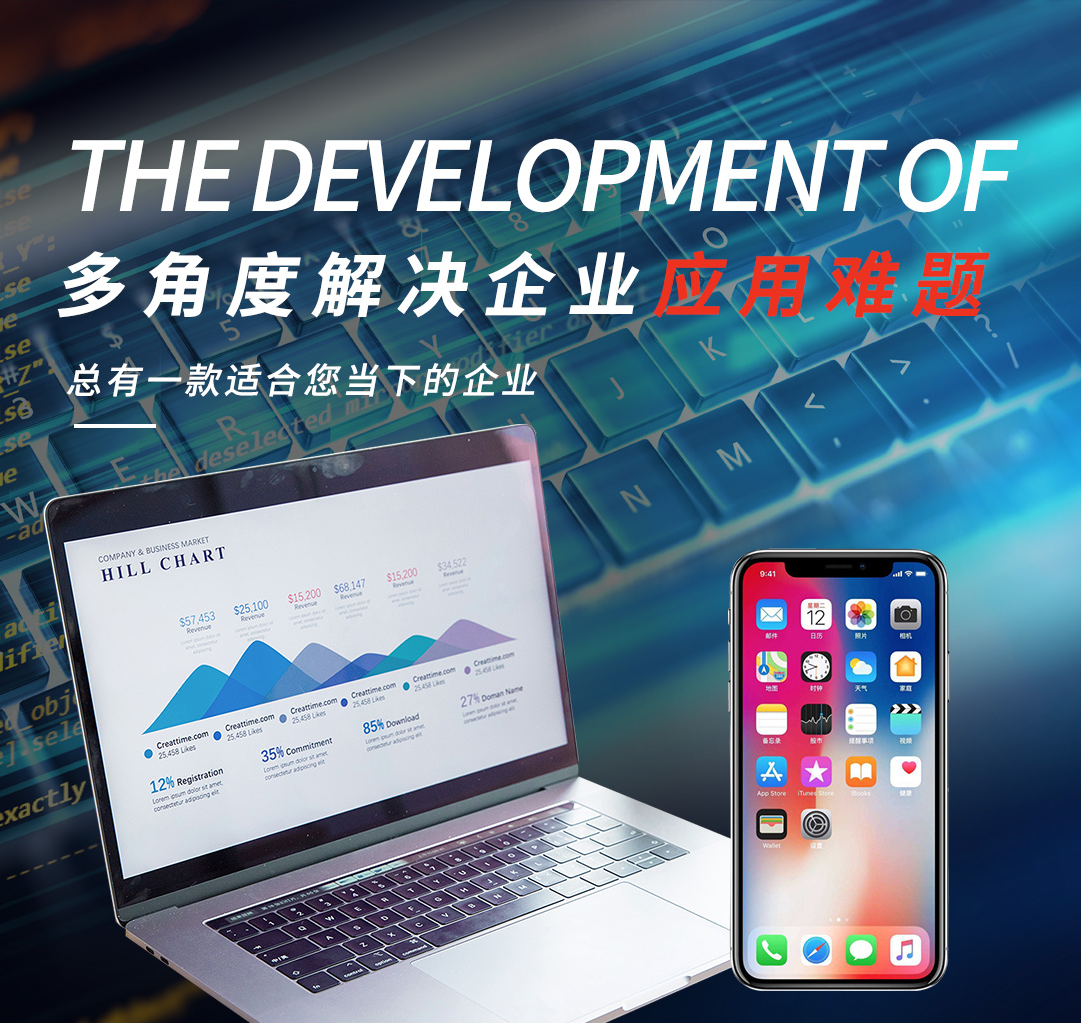功能(néng)設計
functional design
用戶注冊登錄:用戶可以通過(guò)手機号、郵箱等方式注冊登錄,保存個人信息和偏好(hǎo),方便續預訂。
User registration and login: Users can register and log in through their phone number, email, and other methods, save personal information and preferences, and facilitate subsequent bookings.
搜索酒店:可以通過(guò)關鍵字搜索酒店,如名稱、城市、商圈等,也可以通過(guò)地圖搜索附近酒店。
Search for hotels: You can search for hotels through keywords such as name, city, business district, etc., or you can search for nearby hotels through maps.
酒店詳情展示:展示酒店的圖片、設施、價格、評論等信息,方便用戶了解酒店情況。
Hotel details display: Display hotel images, facilities, prices, comments, and other information to facilitate users to understand the hotel situation.
房間預訂:用戶可以根據自己的需求選擇不同的房型、入住時間和價格,并在線支付。
Room booking: Users can choose different room types, check-in times, and prices according to their needs, and make online payments.

優惠活動:顯示酒店的優惠活動信息,如特價房、滿減優惠等,吸引用戶預訂。
Promotion: Display hotel promotion information, such as special offers, discounts, etc., to attract users to book.
我的訂單:用戶可以查看自己的訂單信息,包括入住時間、離店時間、房型等。
My order: Users can view their order information, including check-in time, departure time, room type, etc.
酒店評價:用戶可以在入住對(duì)酒店進(jìn)行評價打分,幫助其他用戶了解酒店情況。
Hotel evaluation: Users can evaluate and rate the hotel after check-in, helping other users understand the hotel situation.
界面(miàn)設計
Interface design
界面(miàn)設計應該簡潔明了,易于操作。采用的設計風格和元素,如卡片式設計、扁平化風格等,以吸引用戶的注意力。同時要注意突出主要信息,如酒店圖片、名稱、價格等,方便用戶快速了解和選擇酒店。此外,界面(miàn)切換應流暢自然,避免出現過(guò)多的跳轉和等待時間,提高用戶體驗。
The interface design should be concise and easy to operate. Adopting popular design styles and elements, such as card style design, flat style, etc., to attract users' attention. At the same time, attention should be paid to highlighting the main information, such as hotel images, names, prices, etc., to facilitate users to quickly understand and choose hotels. In addition, interface switching should be smooth and natural, avoiding excessive jumping and waiting time, and improving the user experience.
技術實現
Technical implementation
爲了實現穩定的酒店預訂小程序,我們可以采用以下技術:
In order to achieve an efficient and stable hotel reservation mini program, we can use the following technologies:
前端框架:采用React Native框架,該框架可以讓我們在開(kāi)發(fā)過(guò)程中使用JavaScript和React進(jìn)行跨平台開(kāi)發(fā),并且性能(néng)和原生應用相似。
Front end framework: Adopting the React Native framework, this framework allows us to use JavaScript and React for cross platform development during the development process, and the performance is similar to that of native applications.
端服務:使用Node.js和Express框架搭建端服務器,處理用戶請求和數據存儲等任務。同時可以結合使用數據庫如MySQL或MongoDB來保存用戶信息和酒店信息等數據。
Backend service: Build a backend server using Node.js and Express frameworks to handle tasks such as user requests and data storage. At the same time, databases such as MySQL or MongoDB can be combined to save user information, hotel information, and other data.
接口對(duì)接:前端之間通過(guò)API接口進(jìn)行數據傳輸和交互。可以使用第三方雲服務提供商的API接口來獲取酒店信息和用戶信息等數據。
Interface docking: Data transmission and interaction between the front-end and back-end are carried out through API interfaces. You can use the API interface of a third-party cloud service provider to obtain data such as hotel information and user information.
雲服務:使用雲服務提供商的服務器資源來部署應用程序和數據庫等,确保系統的穩定性和安全性。
Cloud services: Use the server resources of cloud service providers to deploy applications and databases, ensuring system stability and security.
The above is the question content explained by the Jinan Mini Program Development Editor for you. If you have any doubts or needs about this, please come to our website https://www.chinanovo.net Do consulting!
